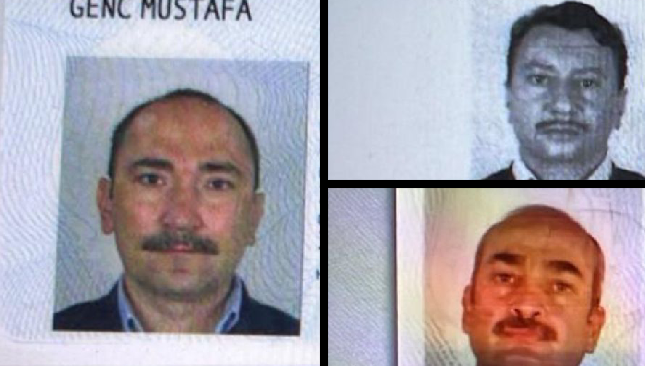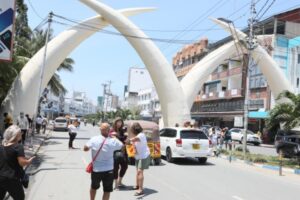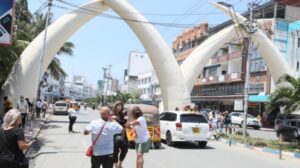Seven Turkish nationals under United Nations protection were reportedly abducted in Nairobi’s Kileleshwa neighborhood.
This operation is believed to have been carried out by Turkey’s National Intelligence Organization (MİT), with the assistance of Kenyan security officials.
The individuals are allegedly targeted due to their links with the Gülen movement, which the Turkish government accuses of orchestrating the 2016 coup attempt.
Since the failed coup, the Turkish government has intensified its global campaign against members of the Gülen movement, often resorting to extrajudicial means.
This includes abductions, as has been seen in numerous countries including Kosovo, Malaysia, and now, apparently, Kenya.
The MİT has been particularly active in these operations, and such actions have frequently been condemned as violations of international law.
In Kosovo, for instance, an abduction of Gülenists in 2018 led to a political crisis, with the country’s prime minister firing officials who had allegedly cooperated with the Turkish government.
The Gülen movement, which promotes education and humanitarian efforts, is considered by Ankara to be a terrorist organization.
This has led to widespread persecution of its members, even those with refugee status in other countries.
Kenya, having previously been involved in a high-profile Turkish extradition case when Abdullah Öcalan was captured in 1999, now seems to be part of the broader Turkish effort to clamp down on dissidents abroad.
International human rights organizations, including Human Rights Watch, have long criticized Turkey’s extraterritorial operations, citing cases of torture and forced disappearances of Turkish nationals linked to the movement.
The abduction in Kileleshwa raises serious concerns about Kenya’s involvement in such activities, especially given the UN protection status of the victims.
It also casts a spotlight on Turkey’s expanding influence and aggressive tactics to suppress dissent beyond its borders.
The collaboration between the MİT and local authorities in these operations can severely undermine Kenya’s international standing, particularly concerning its commitment to human rights and refugee protection.
This incident also exemplifies Turkey’s broader strategy of leveraging international relations to crack down on perceived political opponents.
These extrajudicial actions, carried out with little regard for legal or diplomatic norms, continue to strain Turkey’s relationships with the global community, particularly with nations that are bound by international conventions on human rights and asylum seekers.





















Add Comment